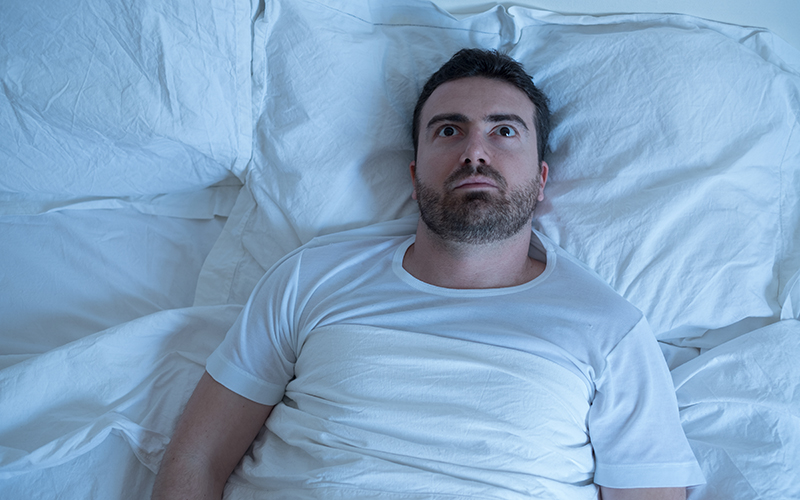
This DocTalk was originally published in June 2022. It was reviewed May 2024.
Erectile dysfunction affects people in across the age spectrum and can be treated in multiple ways. In this DocTalk video Paul Niemi, ARNP, explains what ED is, treatment options, and how Valley’s Urology Clinic can help with ED and other issues.
0:22 | What is Erectile Dysfunction (ED)?
Erectile dysfunction occurs when there’s a difficulty or inability to achieve or maintain an erection. This can vary in severity and can affect patients of all ages.
0:35 | What are potential causes and risk factors for having ED?
There are multiple chronic medical conditions that people have that could be risk factors, such as chronic kidney disease, high blood pressure, high cholesterol, and chronic heart failure. There are also hormonal abnormalities and different medications could have ED as a side effect, as well as the possibility of psychological factors that could come into play. It’s often multiple things at once that are leading to an erectile issue.
1:05 | How common is ED?
ED is a common problem among both younger and older men. The problem does increase as patients get older due to the different factors that can lead to erectile dysfunction, but it’s not an uncommon condition with younger men as well.
1:22 | What advice would you give someone that may be worried about having ED?
I’d encourage them to seek help and reach out to a provider to discuss their concerns with. At Valley’s Urology Clinic, this is something we deal with on a very regular basis. There’s no reason to be ashamed, and it’s something that if addressed, especially early on, there are many medications or treatments that are available to help.
1:50 | What are the treatment options for ED?
There are several oral medications available. They used to be quite inaccessible due to cost, but we have ways to make them more affordable now. Even if you don’t have insurance, we have ways of making sure that these medications can be easily affordable.
The medications are used on an as-needed basis, though there is an option for a daily dose as well. There are injectable medications, and several devices that can be used as well. There are also more advanced treatment options, such as surgical implants of a penile prosthesis. If that was something a patient was interested in, we would be able to refer to some of our partners at the University of Washington.
2:34 | What other conditions does the Urology Clinic treat?
We also treat patients with low testosterone or hypogonadism, premature ejaculation, urinary symptoms associated with an enlarged prostate, and several others.
2:53 | How can a patient schedule an appointment with you?
If a referral is needed for your insurance, reach out to your primary care provider first. If you’re not comfortable doing that, I’m always happy to see patients and be their first point of contact when it comes to any treatment options and workup. You can contact our clinic to schedule an appointment with me.
Understanding Our DocTalk Videos
The information shared in the video above represents the opinions of the individual healthcare provider(s) featured. Our DocTalk presenters will sometimes give a general overview including risks, symptoms, and treatments for the medical conditions they are addressing. Therefore, they may not cover specific details that would be available in other resources or in an appointment with a provider about your own healthcare conditions. Please also note that the written summary may not capture every detail contained in the video, and additional information might only be in the video format. Our goal is to inform, educate, and inspire healthier living. If you have any questions about the video content, please contact us HERE.

